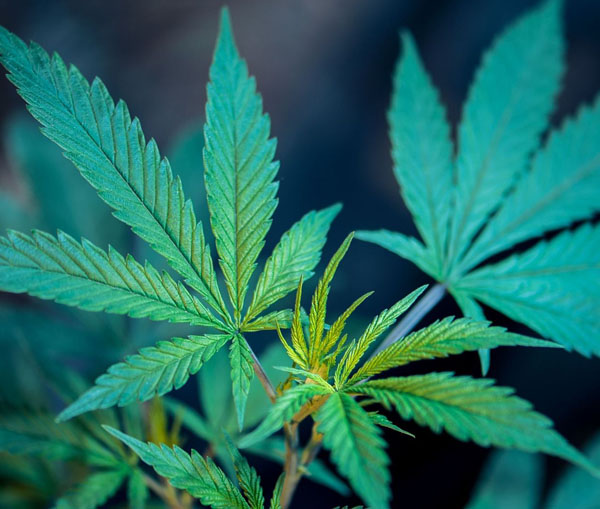Have a question? 06 70 73 89 02
🔞 Not for sale to under 18s
🔥 It's our anniversary: 30% off with the code 7YEARS!!! 🥳 ( excluding accessories and gummies)
Have a question? 06 70 73 89 02

Before understanding the impact of cannabidiol (CBD) on pain, a few definitions are in order:
Pain is an "unpleasant sensory and emotional experience".
Pain is generally classified into two categories according to its duration:
Acute pain, which corresponds to a real "alarm signal".
It is an immediate, usually brief, sharp pain (examples of sharp pain: blow, pinch, contact with fire).
Chronic or pathological pain.
Chronic pain is pain that has become established, i.e. pain that is frequent and present for more than 3 months. Chronic pain is a serious and disabling condition[1].
Chronic pain is mainly neuropathic pain, often associated with general illnesses affecting the nervous system.
Examples of illnesses that can generate this type of neuropathic pain (diabetes, shingles, multiple sclerosis, AIDS, spinal cord injury, stroke, etc.).

CBD studies have shown it to be effective in treating neuropathic and inflammatory pain[2].
Inflammatory pain is related to neuropathic pain, but is not limited to sensory neurons. Examples of inflammatory pain include all types of rheumatism, some autoimmune diseases such as Crohn's colitis and ulcerative colitis, but also: headaches, cramps, muscle aches and pains.
The International Association for the Study of Pain defines neuropathic pain as pain caused by damage to the nervous system.
Neuropathic pain is largely created and maintained by the glutaminergic system, a major excitatory neuronal pathway. Glutamate is the neurotransmitter responsible for neuronal activation.
CBD therefore inhibits the release of glutamate and other inflammatory agents, making it " neuroprotective " and therefore excellent for alleviating the tingling, pulling and burning sensations that characterize neuropathic pain. CBD therefore relieves neuropathic pain.
Cannabidiol's anti-inflammatory mechanism is unique to cannabis. It doesn't work like other anti-inflammatories by inhibiting COX-1 and COX-2 receptors, which means you don't run the risk of developing gastrointestinal ulcers or heart attacks, hooray! Some studies have shown cannabinoids (CBD and THC) to be up to twenty times more potent anti-inflammatory agents than non-steroidal anti-inflammatories (e.g. ibuprofen)[3].
It's important to remember that CBD can interact with medications. It is therefore important to consult your doctor before taking CBD.

Taking CBD in oil form is one of the most effective ways to take cannabiodol, as it offers very high bioavailability (a large proportion of CBD will be in contact with endocannabinoid receptors). Simply take a few drops of cannabidiol oil directly under the tongue for 20 seconds. Another note: although there's no risk of overdosing with CBD, we advise you to start with the lowest dose, as each individual reacts differently to cannabidiol, and then gradually increase the dose until pain is relieved.
You don't like oil? Prefer the naturalness of flowers? We've put together some instructions on how to use CBD flowers. And if you need a high-potency product, we recommend our 99.7% pure CBD concentrates!